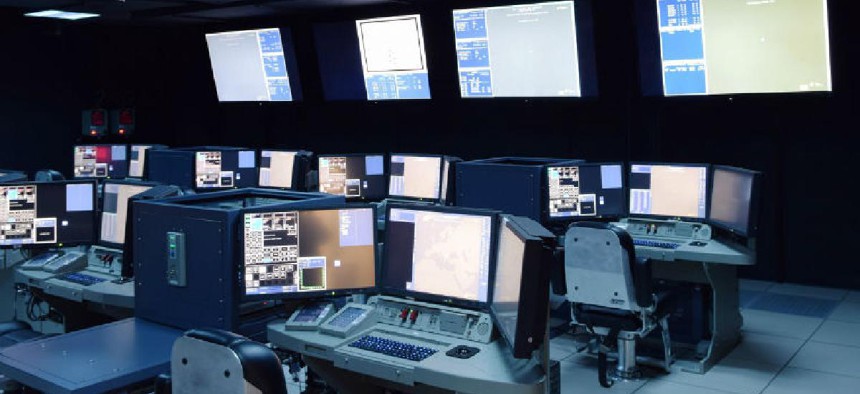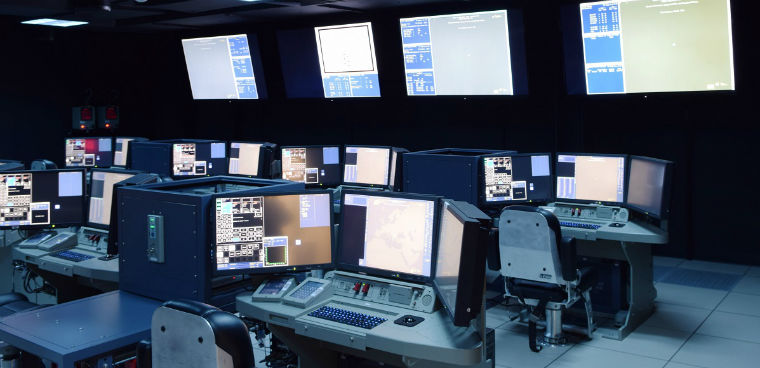Pentagon focuses on research, cyber in 2021 budget request

The Defense Department wants to significantly increase funds for research, cyber, and cloud.

The Defense Department wants to put more than $106 billion into research and development efforts, according to its 2021 budget request.
The $705 billion budget request released Feb. 10 showed an approximate $2.1 billion increase in research, development, testing, and evaluation funds for fiscal 2021 over those approved for fiscal 2020. That increase is even more significant, defense officials said, because the overall budget request is flat.
"Last year's budget was the largest [research, development test and evaluation] request in 70 years. And this year's research request is even larger," Deputy Secretary of Defense David L. Norquist said at a Dec. 10 press briefing. "We have been investing in these emerging technologies and many are now being proto-typed and tested. And as they're ready, we are poised to move them into production."
On the cyber front, DOD is looking to put in nearly $10 billion for cyber activities, including offensive and defensive cyber operations, network encryption, $789 million for cloud, $1.5 billion for 5G connectivity and other microelectronics, $1.7 billion for autonomy and tech that uses human-machine teaming. DOD also wants to commit nearly $1 billion to artificial intelligence, which keeps at pace with prospective cloud investments needed to use the technology.
For command, control, communications, computers, and intelligence systems, DOD hopes to put in a total of $11.9 billion with just under $3 billion for cyberspace research and procurement. That figure comes in slightly less than 2020's approved funds at $3.1 billion, according to budget documents.
Vice Adm. Ron Boxall, the Joint Staff director for Force Structure, Resources and Assessment told reporters that the $9.8 billion investment in cyber would be used to contend with the "unacceptable long-term threats" of cyberattacks.
Under the request, cyber operations would get $3.8 billion with $431.6 million for defensive operations and $238.6 million for developing multi-domain capabilities with $2.2 billion of the cyber operations budget going to support the Cyber Mission Forces, which consists of 133 teams.
Additionally, DOD said it wants to put in $678.8 million into cryptology modernization, $296.2 million for information security efforts, and $198.5 million for identity and credentialing. Investment in endpoint management and critical infrastructure vulnerabilities were comparable at $67.2 million and $69.8 million respectively.
The targeted investments also aim to support DOD's joint all-domain command and control concept which will allow warfighters to communicate and coordinate across domains and devices and autonomous systems -- that is "any sensor to any shooter in any domain at any time."
Elaine McCusker, acting DOD comptroller, told reporters that any increases, particularly 5G and AI, in the budget request were due to cost-savings, about $5.7 billion, found in the defense-wide review ushered by Defense Secretary Mark Esper. More than $2 billion was transferred to the services, amounting to nearly $8 billion in found money.
"All the things that we were doing were important but we had to make some priority choices," she said.
Norquist echoed this sentiment in his remarks, noting that, "we had to make additional tough choices and major cuts in some areas, in order to free up money to continue to invest in preparing for the high end fight."
The budget also calls for a 3% across the board increase in pay to the uniformed services to take effect in January 2021.



